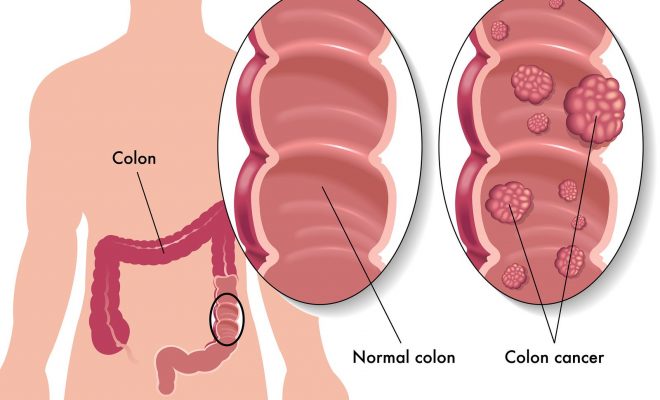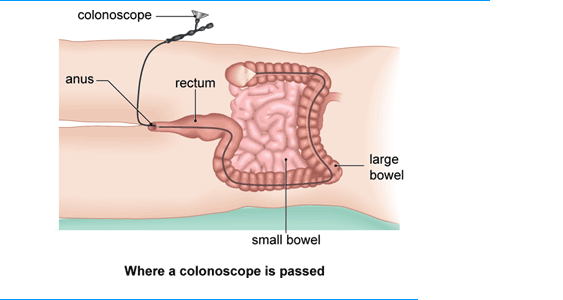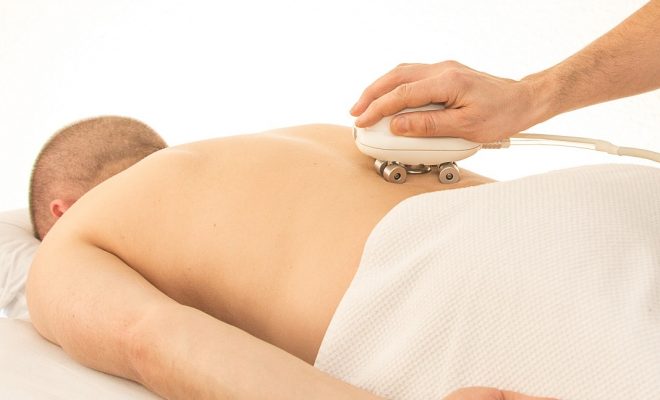Why Is A Colonoscopy Done? Find All Details Here!

Colon refers to the large intestine, and colonoscopy is the diagnostic exam that helps in finding possible issues with the large intestine. On paper, the process is a simple one – A large tube called the colonoscope is inserted into the colon through the rectum. The tube has a camera on the tip, which helps in checking the colon entirely, and images are usually captured and viewed on an external monitor. Colonoscopy is one of the many ways to diagnose colon cancer. So, why is a colonoscopy recommended in the first place? Here’s what you need to know.
Understanding the need for colonoscopy
Your doctor will decide if a colonoscopy is required for your condition. Polyps, found in the colon, are often responsible for colon cancer. These can be removed during colonoscopy. If your symptoms look similar to the ones that are caused by polyps, your doctor can suggest the exam. As far as conditions are concerned, your doctor may ask to get a colonoscopy done, if

- You have blood in the stool
- There’s sudden or unexpected changes in bowel movements
- You have abdominal pain or discomfort
- You have loose motions or extreme constipation
- An abnormality has been found on the CT scan or X-ray
Colonoscopy can be a regular screening exam for some people, especially those who have a previous history of colon cancer of suffer from other non-colonic cancers. A few chronic problems, such as non-colonic cancers, have been related to colon cancer, and to keep a track on such conditions, colonoscopies can be recommended at regular intervals. In general, age is a risk factor for colon cancer, and most people over the age of 50 should get a colonoscopy done at least once in 10 years. Some races, like African-Americans, are more like to suffer from colon cancer, and colonoscopies can be started from an early age of 40.

Quick things to note
Colonoscopy is also done to check and remove polyps, if your doctor feels the need to do so. Tissues can be collected during the procedure for biopsy. There can be a few side effects or rather affects of colonoscopy, which should subside soon. Your doctor will explain the procedure in advance, and it doesn’t more than 60 minutes at best. You may feel bloated after colonoscopy, but that’s completely normal and should reduce in a few hours. Check with your doctor to know more.





